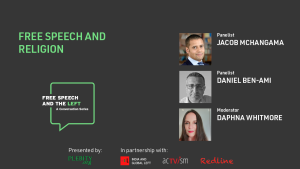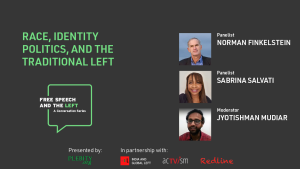Book Review: Strangers In Their Own Land
-Simon White
Strangers In Their Own Land by Arlie Hochschild is a must-read for anyone interested in going beyond conventional political analysis and exploring the “deep story” worldviews that shape thinking on both the left and right of the political spectrum. Hochschild describes “deep stories” as emotional images that shapes the essence of a person’s worldview, and this book was her attempt to understand the deep story that forms the ideology of the right wing. Hochschild is a UC Berkeley sociologist who spent five years in Louisiana in an attempt to break through the “empathy walls” that divide the political spectrum in the US. She worked to overcome her own biases as a member of the left-leaning political spectrum by forming human connections with conservatives in Louisiana, many of whom were Tea Party activists.
The first section of the book is frustrating as the promised breakthrough of the empathy wall fails to materialize. Hochschild only shows the side of the right that is already seen by members of the left. For instance, Hochshild describes what she calles the ‘Great Paradox’ where residents of Louisiana complain about pollution but defend the oil companies who caused it.
But finally, in a cathartic moment, Hochschild breaks through the empathy wall and lays out the deep story of the right. She describes the right’s deep story with an image of standing in a line. At the end of the line is the American Dream, but it often feels like the line is at a standstill under the hot sun, and in fact, sometimes it feels like the line is moving backwards. What’s more, people are being allowed to cut in front of you in line. At times, even animals, such as birds endangered by oil spills, are allowed to cut in front of you by the government (the line monitors), who push environmental regulations that you fear threaten jobs in the oil industry. While you might care about the environment, how can an animal be worth more than a job that allows you to feed your family, even if it is by working for an oil company? And so, Hochschild unravels the ‘Great Paradox’.
Likewise, Hochschild also describes the deep story of the left. Instead of a line, the setting is a public square filled with common goods for the public. But then, people in the square begin to see private individuals tearing apart the public square and using those stolen materials to build private buildings that the public is not allowed in.
The genius of these deep stories is that they are relatable and easy to understand. No one likes waiting in line and no one likes when people cut in front of you, and no one likes seeing one’s community torn down and its goods stolen and used by thieves.
Hochshild’s work is an attempt at empathetic analysis and argues the importance of understanding the ‘other’. She shows that all working and middle-class Americans are struggling in similar ways and that finding common ground and understanding how the other views the world is essential to uniting regular, working people.
A must-read.



